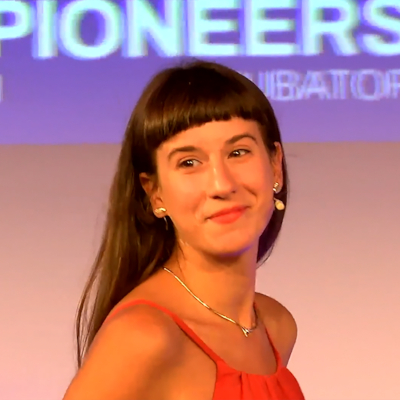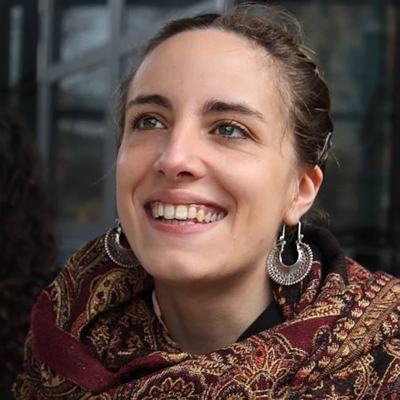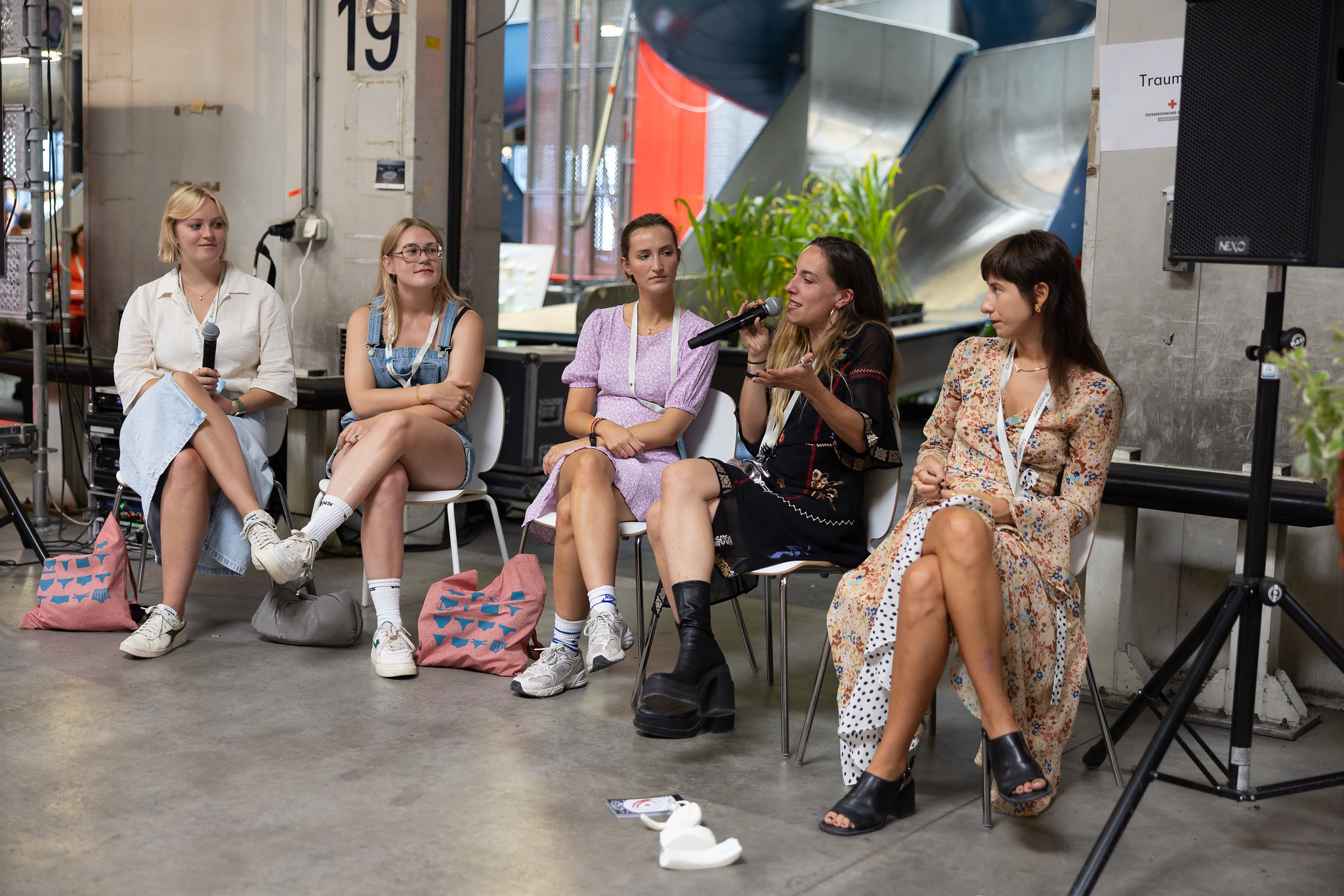Join us for the ALMA Toolkit Workshop, an empowering event aimed at addressing crucial knowledge gaps in vaginal health and promoting self-management of intimate health.
ALMA Toolkit is a set of educational materials and tools designed to democratize and destigmatize intimate health learning. It encourages self-awareness, self-exploration and self-management of the body. The toolkit consists of four pillars. Card Game, a gamified self-awareness tool that creates a safe space for sharing intimate health experiences; Speculum and Anatomical Models, educational tools to facilitate self-performing gynecological examinations; Mini Bio Lab, protocols and materials for experimenting and learning about vaginal bacteria; and Online Community Platform, a platform for sharing self-exploration experiences and connecting with others.
The toolkit is open-source, low-cost and easily accessible. It is primarily intended for use in workshops or collectives. ALMA Toolkit is designed to be inclusive, and most of the physical objects and information will be available for customization.
During ALMA Toolkit Workshop, we will use our card game and empower participants with knowledge and tools to enhance their intimate health.

Please note:
Number of participants: 15
Note: Open for people with vaginas.
Language: English
Registration required. Workshops are open for FESTIVALPASS+, FESTIVALPASS or One-Day-Pass Holders only.

This workshop is presented in the context of the STARTS Prize and has received funding from the European Union’s Horizon 2020 research and innovation program under grant agreement No. 956603.

Giulia Tomasello (IT)
Giulia Tomasello (she/her) is an interaction designer and educator who combines biohacking and wearable technology to break taboos on females’ bodies.

Isabel Farina (IT)
Isabel Farina (she/her) is a medical anthropologist currently enrolled in a PhD program at Politecnico of Milan in the departments of Management and Service Design.
Giulia and Isabel are co-founders of ALMA, a studio that combines design, technology and anthropology to co-create tools for radical cultural change in female intimate health
